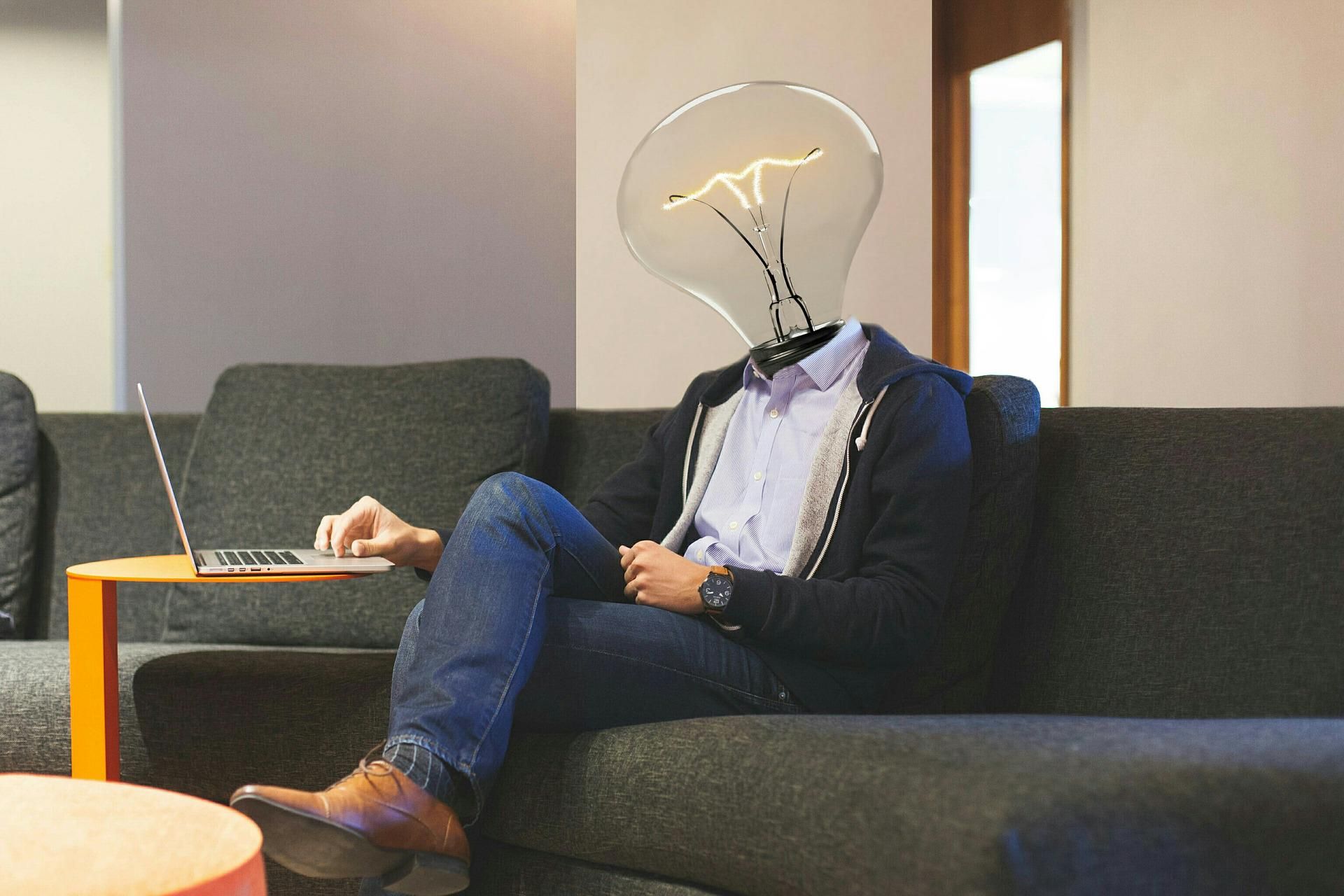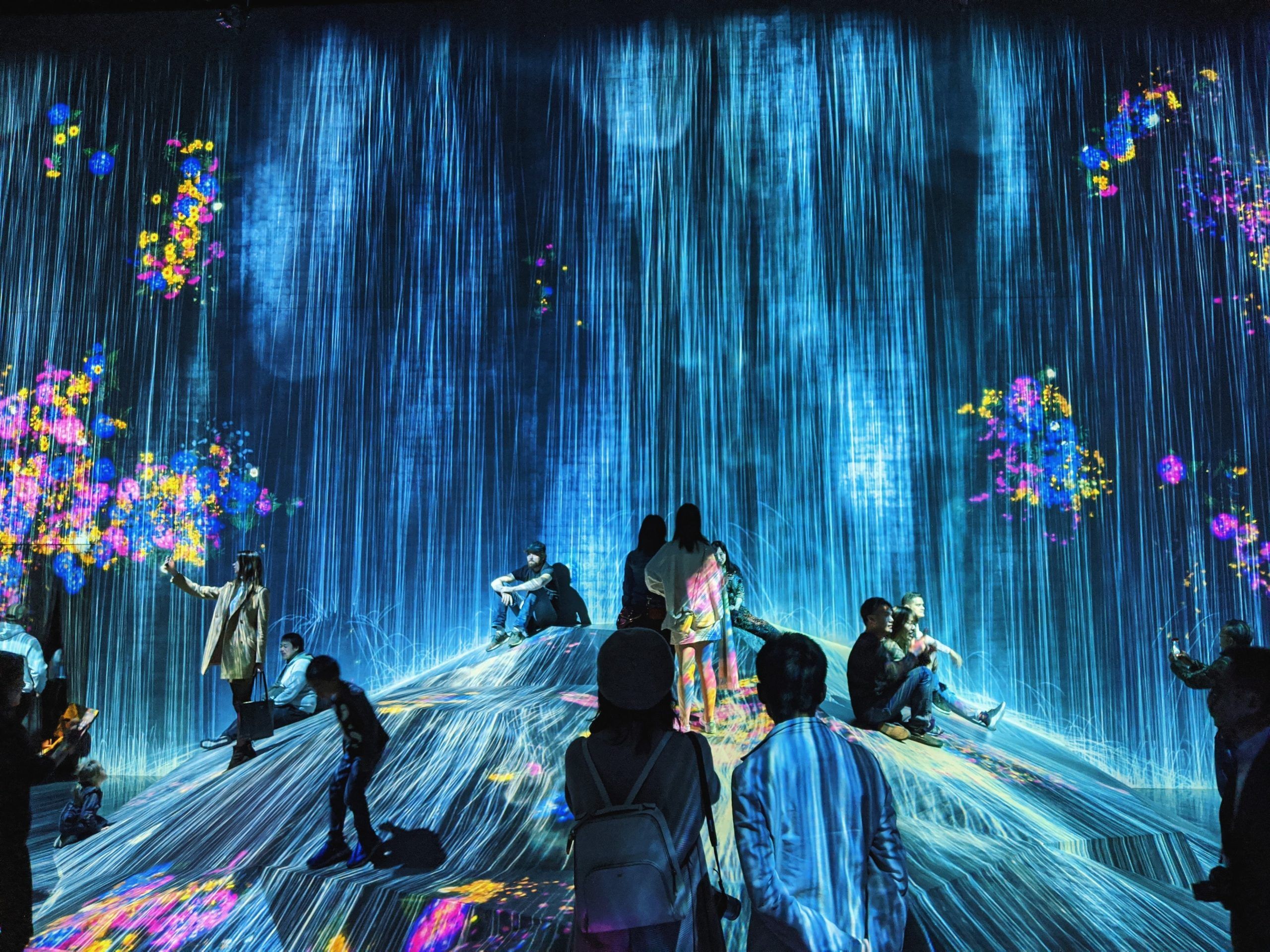The EU-funded House of Europe programme and Goethe-Institut in Ukraine together with innovation agency Digitizing Space organise the third anticrisis online event to support Ukrainian culture — Hatathon 3.0: NFT Edition. Hatathon will be held online on 11-23 July 2022. Participation is free of charge. The Ministry of Digital Transformation of Ukraine is an informational partner.
The war ruins people’s lives and fates, physically destroys Ukrainian cultural heritage, and undermines economic stability. Hatathon 3.0: NFT Edition is an attempt to give a tech-driven impulse to the development of the cultural and creative industry of Ukraine as a powerful tool of struggle in this extremely difficult time for all Ukrainians.
Martin Schroeder, Head of Section “Local and Human Development” at the EU Delegation to Ukraine, said: “Russia’s war has triggered swift and radical changes to the global security, political and economic landscape. Its consequences have changed every aspect of social life. The Hataton provides a space to reflect on these transformations and to develop effective and creative responses to them.”
“The first ever Hatathon happened weeks after the pandemic hit Ukraine. Now when the cultural sector is under threat again, what could be more timely than holding yet another Hatathon. Since Russia’s full-scale invasion, House of Europe has been mobilising up to EUR 1.5 million to provide emergency supplies, support individuals, evacuate museums, and enable civil society initiatives that matter. The Hatathon 3.0: NFT Edition further strengthens the cultural front: it brings new tools to artists and cultural operators, making them even more resilient and their voices even more heard internationally”, Christian Diemer, Head of the House of Europe Programme said.
Non-fungible token (NFT) is based on blockchain technology which has become a new source of income for digital artists and other players in the cultural and creative industries around the world. Christie’s auction house sponsored an NFT conference in New York, and Ukrainian photographer Serhiy Melnychenko raised half a million hryvnias in the first two months of the war to help the army and cover humanitarian needs by selling his work in digital assets.

New pan-European partnership on Culture and Creativity |
The Meta History NFT Museum, created by the Ukrainian blockchain community and supported by the Ministry of Digital Transformation, also supports Ukraine with the help of NFT art. The field of cultural and creative industries is becoming more interesting and promising for the development of Web 3.0, a new version of the World Wide Web, which is called the future of the internet.
Cultural and creative industries and technology professionals are invited to participate in Hatathon, namely artists and developers, cultural managers and blockchain enthusiasts, NFT and creative professionals, musicians and marketers, designers and entrepreneurs, and more. You can apply with a team, or look for like-minded people to create powerful work during the Hatathon, as well as participate individually.
“For the third year in a row, we have been digitalising the cultural sphere in Ukraine and mixing technical specialists with creative and artistic forces for the development of both sectors. In the joint intensive work at Hatathon new ideas are born, the foundations of future projects are laid, and the existing ones are taken to a new level. This year, we decided to cover blockchain technologies and provide creators with new anti-crisis tools for self-expression and implementation of their work”, Anastasia Sleptsova, co-founder of Digitizing Space, the original co-author of Hatathons’ idea and concept, noted.
In addition to the practical part of creating NFT at the Hatathon, there is an educational programme for beginners and advanced users with lectures and workshops from leading experts in technology, finance, marketing, cultural management, etc.
The creative works of the teams and individual participants will be judged by a jury of experts, and the Hatathon 3.0: NFT Edition will end with finalists’ presentations and the announcement of the winners during the live stream. The best works will receive prizes from the organisers and partners.
For further information
European External Action Service — Delegation of the European Union to Ukraine







Leave a Reply